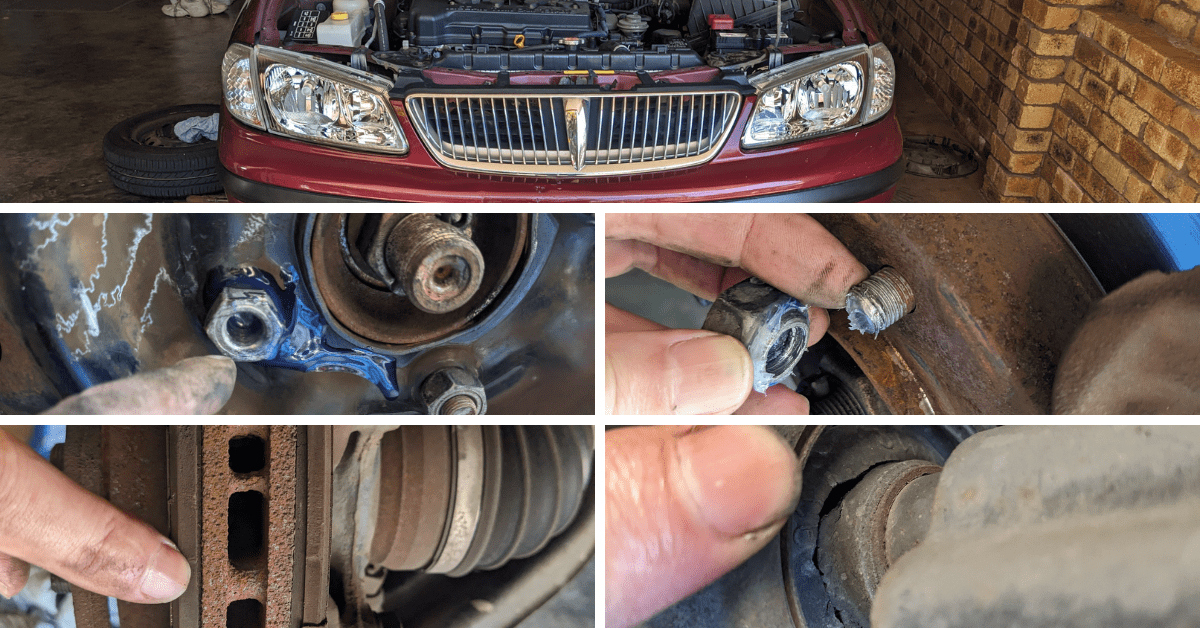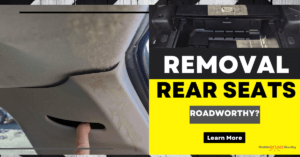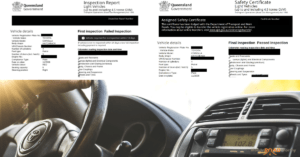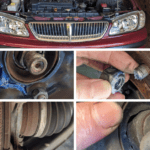Discover the hidden dangers of a dodgy roadworthy certificate or a Safety Certificate, with a real-life example of a problematic Nissan Pulsar.
Table of Contents
Dodgy Roadworthy Certificate: What is it
In Queensland, a “Dodgy” Roadworthy Certificate (RWC), officially known as a Safety Certificate, represents a deceitful document that falsely certifies a vehicle as roadworthy, despite glaring safety issues. Unscrupulous mechanics at certain garages engage in illicit transactions with vehicle sellers or used car dealers, conspiring to create Safety Certificates for vehicles that are far from roadworthy. The repercussions of acquiring a vehicle with a dodgy roadworthy certificate can be severe, entailing hidden dangers and costly repairs.
Imagine purchasing a vehicle only to later discover concealed issues that are both dangerous and financially burdensome to rectify. If you suspect that your newly acquired car possesses a dodgy Safety Certificate or Roadworthy Certificate, it is imperative to address this issue swiftly. The Queensland Government Department of Transport and Main Roads (TMR) offers several avenues for you to report your concerns: online submissions, mail, or direct phone communication.
To fully understand the implications of a dodgy Safety Certificate, it’s crucial to delve into what precisely constitutes one. A Roadworthy Certificate, now termed a Safety Certificate, becomes dubious when it is not endorsed by an Approved Inspection Station (AIS) or if it blatantly ignores glaring safety concerns. These deceitful certificates are often sought after by individuals looking to sell their vehicles while avoiding the expenses of necessary repairs or the hindrances presented by vehicle modifications that would prevent the car from passing a roadworthy test. The Safety Inspection covers everything from windshield cracks to rust on the vehicle’s body and typically takes 30 to 40 minutes. If the vehicle fails the inspection, the owner has a grace period of 14 days to address the issues and undergo a reinspection.
Safety Certificates can exist in electronic, printed, or handwritten formats. View samples of handwritten Safety Certificates and electronic Safety Certificates showing assigned and unassigned vehicles. Familiarizing yourself with these certificates can help you identify fraudulent ones more easily.
A Dodgy Roadworthy from a Seller: What Are My Options
If you suspect that the Safety Certificate or Roadworthy Certificate for your vehicle is dubious, you have the option to file a complaint against the mechanic responsible. You can complete a Customer Complaint form (F4603) online and mail it to the Department of Transport and Main Roads or utilize it as a guide when contacting them by phone at 13 23 80.
Can I Check a Roadworthy Certificate Online?
Yes, as a buyer, you can request an electronic, printed, or handwritten copy of your Safety Certificate or Roadworthy Certificate. For electronically issued certificates, the AIS automatically submits your records to the Department of Transport and Main Roads. If your certificate is not delivered via email, you can verify your records on the TMR website.
The Consequences of Selling a Vehicle with a Dodgy Roadworthy Certificate
The consequences of attempting to sell a vehicle with a fraudulent roadworthy certificate are significant. Fines of up to $220,000 can be imposed if you are charged with non-compliance with safety standards under the Fair Trading Act 1989. A vehicle bearing a dodgy Safety Certificate is not fit for road use and likely harbours a significant safety issue that would render it hazardous on the road.
Purchasing a Car with a Dodgy Roadworthy Certificate: What to Expect
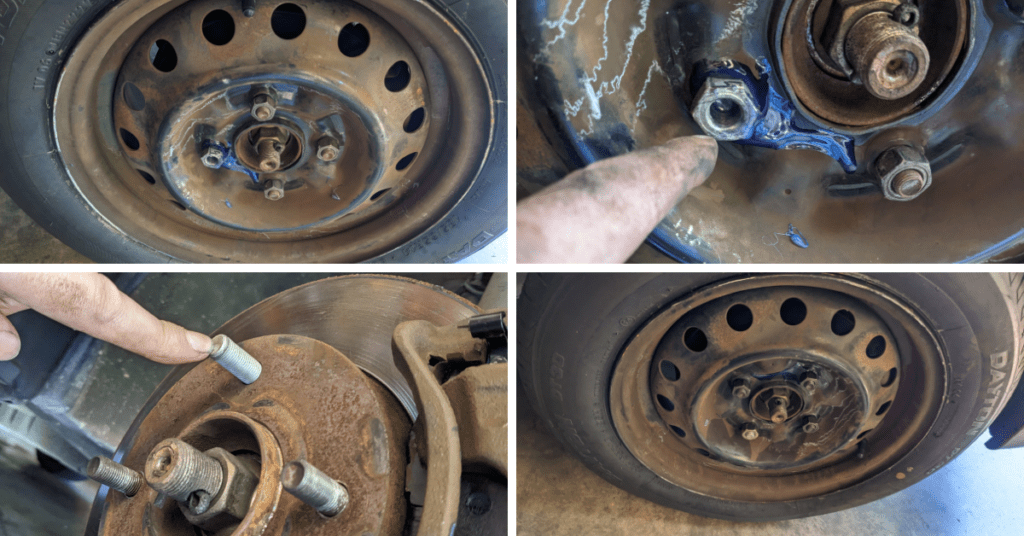
For those purchasing a vehicle with a questionable Safety Certificate or Roadworthy Certificate, there are no direct fines, but the risks are considerable. Hidden issues may necessitate expensive repairs, which remain undisclosed with a dubious certificate. Furthermore, in the worst-case scenario, the vehicle’s concealed issues could lead to a road accident, posing a danger, especially if the vehicle relies on advanced safety features that have not been properly inspected.
Getting an Authentic Vehicle Roadworthy Safety Certificate: Where to Go
To ensure that you receive a legitimate vehicle Safety Certificate, it is essential to seek the services of an Approved Inspection Station (AIS). The Queensland Government TMR website provides a user-friendly tool to help you locate an AIS in your area. You can search by suburb or postcode, specifying the radius and inspection type to ensure your vehicle undergoes a proper and legitimate safety inspection.
In conclusion, understanding the perils of dodgy roadworthy certificates in Queensland is essential for every vehicle buyer and seller. With the right knowledge and diligence, you can protect yourself from hidden dangers and financial burdens associated with fraudulent safety certificates. Always choose legitimacy and safety when it comes to your vehicle’s roadworthiness.
Disclaimer: This article is published in good faith and for general informational purposes only. Mobile Roadworthy Brisbane Connect does not make any warranties about the ongoing completeness and reliability of this information, and specifics will vary according to your vehicle’s manufacturer and model. This article is not intended to replace consultation with a qualified automotive service technician.
Some links in this post are affiliate links, which means we may earn a commission at no extra cost to you. Please refer to our disclaimer for more info.

